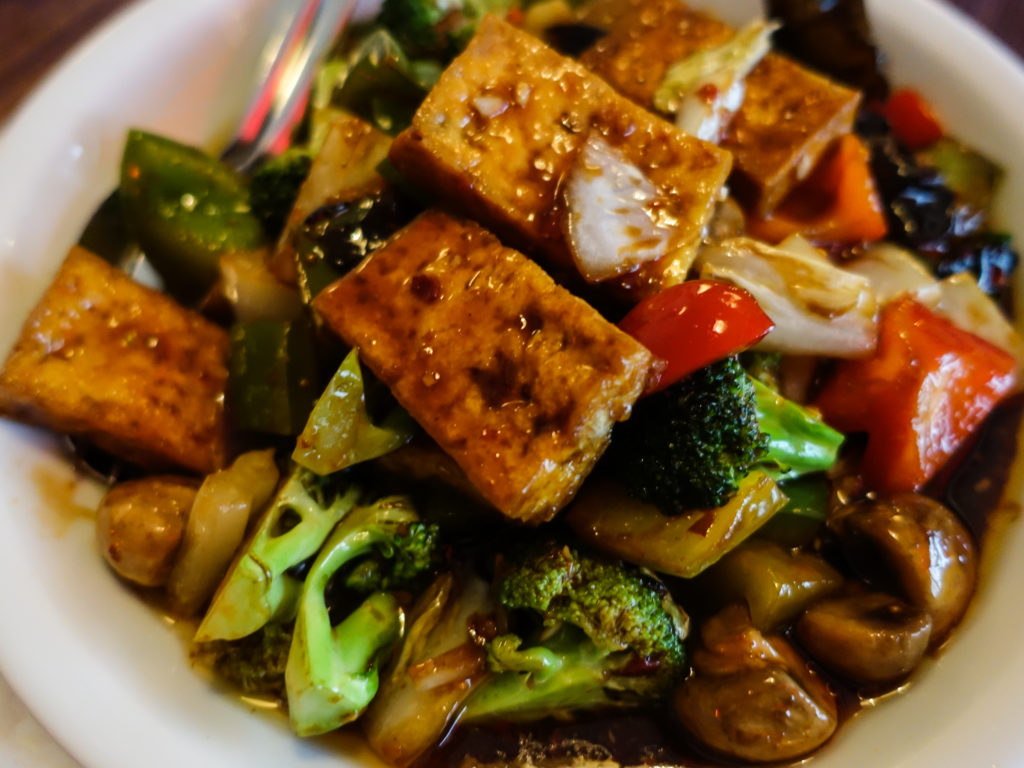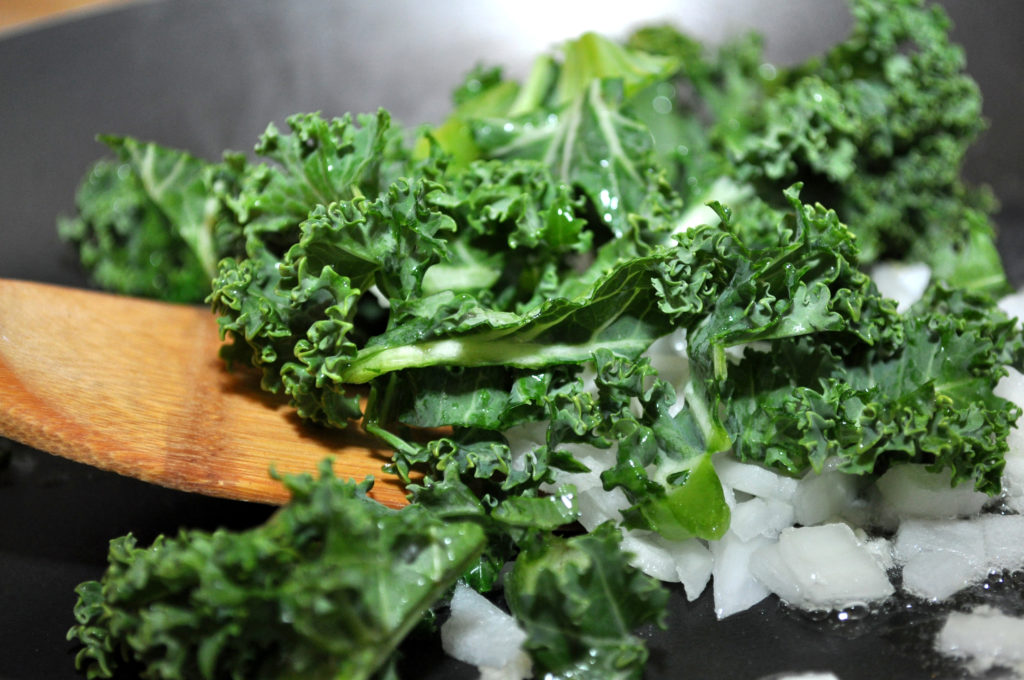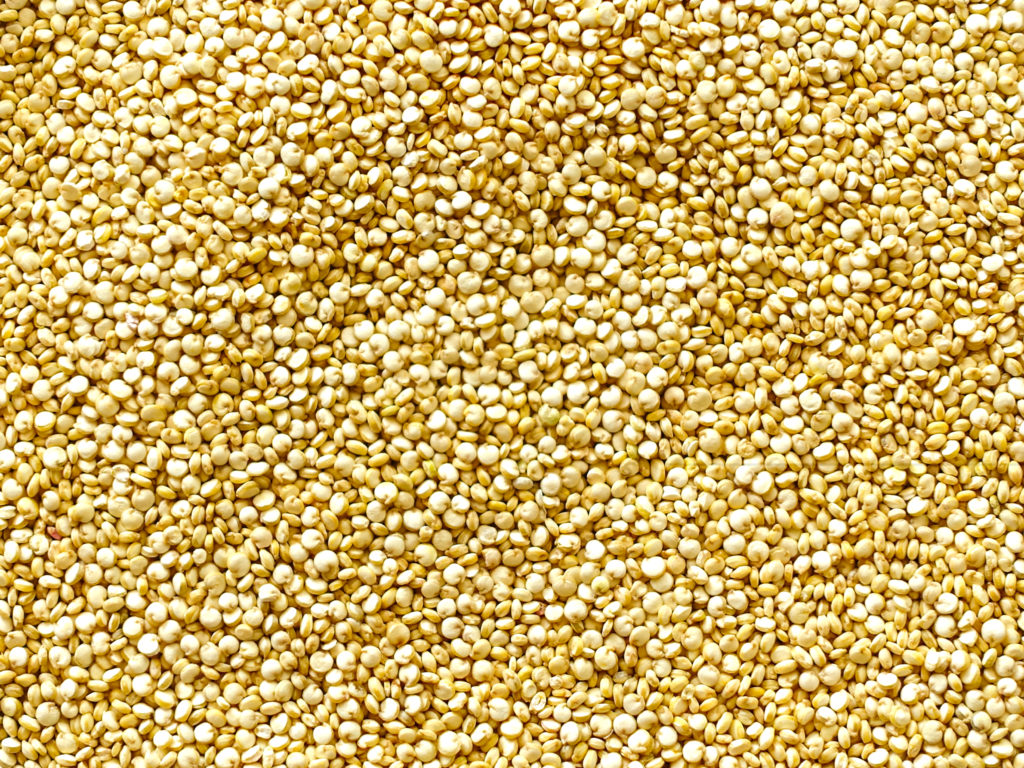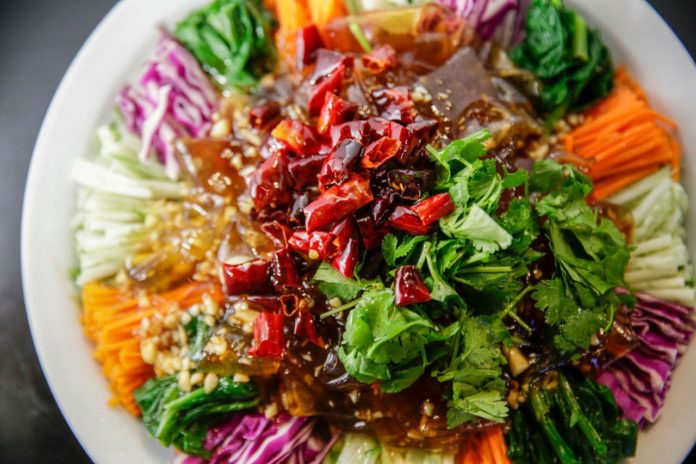• Tofu: It’s become more mainstream with the rise of vegetarian and veganism, and the market for meat substitutes including tofu is expected to reach $24 billion net worth by 2022.
Note – Don’t be fooled into thinking that deep-fried tofu has any nutritional value. Anything deep-fried kills any healthy value in the food stimulating “free radicals” and storing in your fat cells. Make sure the tofu you buy is organic.

• Kale: U.S. kale production increased nearly 60%. That leap in kale’s popularity has a lot to do with its superfood-worthy nutritional profile, which is rich in iron, calcium, and vitamins A, K, and C, as well as the fact that it can be dried into chips for shelf-stable snacking.
Note – Make sure that the ‘kale chips’ are dried in a dehydrator and not deep-fried in some kind of oil. Also make sure that the kale is organic.

• Kombucha: Kombucha is a fermented tea drink whose Chinese origins date back to around 220 B.C., but it only entered American domestic markets in the mid-90s. Despite some overblown claims about its health benefits, the tangy beverage has continued growing in popularity, with 51% of older millennials now drinking it, driving $534 million in sales in 2016.
Note – Kombucha does contain a number of stimulants, green tea and black tea and has naturally occurring alcohol.
• Nutella: Founded in Italy in 1964, The chocolate-hazelnut spread had been a staple in Europe for decades and first made it to American markets in 1983, but only began making a mainstream impact thanks to an advertising push by the brand in recent years.
Note – Nutella is made of sugar, modified palm oil, hazelnuts, cocoa powder, skimmed milk powder, whey powder, soy lecithin, and vanillin. While this product may claim to be healthy, check out the negative underlined ingredients it contains.

• Quinoa: A spike in demand for the nutrient-packed grain, grown almost exclusively in South America, was driven by more than a decade of U.N.-financed development of new processing plants raising the grain’s profitability. In 2018, the U.S. alone imported 74.3 million pounds of quinoa.

Note – Quinoa is a great source of protein and since it has no taste whatsoever, it can be spiced to taste like anything you want. Make sure that when you purchase this product it is organic.
© Copyright – Hector Sectzer

















